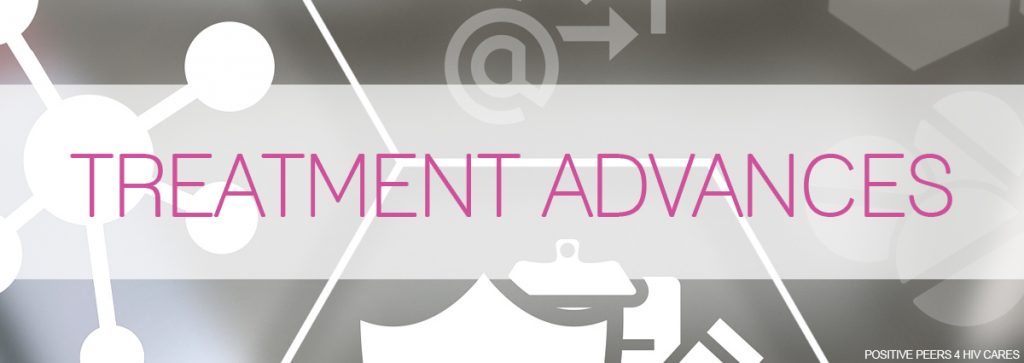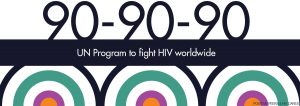
By: Ann K. Avery, MD, Infectious Disease Physician at MetroHealth Medical Center
HIV is one tough, sneaky little virus. The good thing is the world’s smartest doctors, scientists, and drug companies are working to hunt down HIV in its tracks so it won’t hide in the body and make trouble whenever it gets the chance.
Sooner or later, HIV will run out of chances and scientists will discover a cure. We’re not there yet, but new research shows signs we’re getting closer.
In the meantime, new drugs and treatments are making things better for people living with HIV. Let’s take a look at a few advances that hit the headlines recently.

Treatment advances
Juluca
The drug company GlaxoSmithKline has won approval for a new HIV therapy that combines dolutegravir and rilpivirine into a once-a-day pill. The idea is to reduce the side effects of taking multiple medicines together every day. It’s available to people who have been on a stable regimen for at least six months. Read more here. (Another once-a-day pill called Biktarvy is also in the works.)
LATTE-2
What if instead of taking pills every day to manage your HIV, you could get one injection of antiretroviral therapy (ART) every month or two? That’s the plan for a new drug being tested in clinical trials. The injection would include two drugs (cabotegravir and rilpivirine). Read more here
Come join our private, stigma-free, supportive community.
Health management tools with medication & appointment reminders.
Social networking in a community conversation & private chats.
Research news
The Power of PrEP
We already know PrEP (pre-exposure prophylaxis) does an excellent job of preventing HIV infections. A new study suggests that if 25% of people with the highest risk of getting HIV used PrEP, then three out of 10 HIV infections would never happen. That would more than exceed U.S. health officials’ goal of reducing HIV infections by 25% by 2020. Read more here.
Lung cancer drug may fight HIV
The trouble with HIV is no matter how much medicine we throw at it, a few copies of the virus remain dormant and hidden — like a bear hibernating in a cave.
A French study found that a lung cancer drug can “wake up” HIV so the immune system can attack it. The study worked with just one cancer patient, so further testing will be needed to confirm the cancer drug works on other people. Read more here
Why ART benefits people living with HIV who don’t have symptoms
Research is uncovering some interesting facts about “Long-term Non-Progressors,” or, people living with HIV who have low levels of HIV RNA even without taking antiretroviral therapy (ART) (only 1-7% of people living with HIV are likely “Long-term Non Progressors”). These people are interesting to researchers because they may have clues to a cure for HIV.
However, findings from one study show that even though long-term non-progressors are asymptomatic, they can still benefit from taking ART to address the chronic inflammation and other health problems of chronic HIV infection, especially as they age. Read more here.
AMP Studies
In studying the prevention of HIV, trials have been conducted in sites around the world to discover if an injectable anti-HIV antibody called VRC01 could act as a vaccine to HIV. The injection would be given about every 2 months. One of the study sites happens to be right here in Cleveland at Case Western Reserve University. Read more here.
Vaginal ring for HIV prevention
Participants in the ASPIRE study found that women who used a vaginal ring with dapivirine were less likely to get HIV. The ring follows a similar model as women may be familiar with for birth control and is inserted and removed by the woman herself. The ring is designed to be used consistently for a month at a time. Read more here.
Related Blogs:


